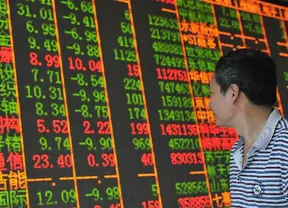
Our attitude turns from being cautious to being optimistic since the mid-and-late May. Faced with adjustment in foreign market, decreasing central parity of RMB and plunge in domestic futures market, A-share market is relatively “persistent”.

Executive leads the company’s consumer electronics business

Oil prices ended lower on Friday as investors were sifting through the downbeat U.S. jobs data and the outcome of an OPEC (Organization of the Petroleum Exporting Countries) meeting.
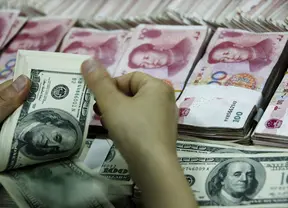
The Chinese yuan is facing renewed devaluation pressure over expectations of a Fed rate hike, but a large renminbi devaluation is unlikely as China continues its market-oriented foreign exchange (FX) reform in a steady and stable manner.
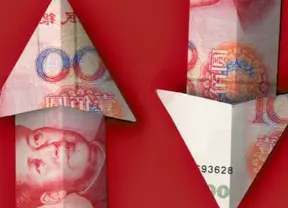
The People’s Bank of China (PBOC), or the central bank, conducted more than 100 billion yuan of reverse repurchase agreements (repo) at the open market yesterday, a process in which the central bank purchases securities from banks with an agreement to resell them in the future, so as to deal with the short-term fluctuation in capital supply at the end of the month.
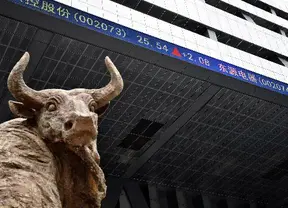
The Shanghai Stock Exchange on May 30 recorded a trading volume of 115.6 billion yuan, the lowest in recent months, and continued to trade sideways. However, A shares face the test for the inclusion in the MSCI emerging market index for the third time in the middle of June, and probability exceeding 50 percent is expected.

Land prices in mainland Chinese cities continue to soar despite efforts by some city governments to cool down the market.

Net capital inflows into the Shanghai stock market reached nine consecutive days last weekas offshore investors rode the Shanghai-Hong Kong stock connect channel to buy stocks ofcompanies whose businesses outperformed their share prices.
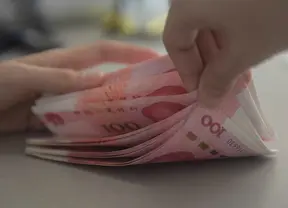
When investors place their bets in the A-share market this week, one of the key factors they would weigh is the progress of the reform and restructuring of the country's loss-making State-owned enterprises, analysts said.
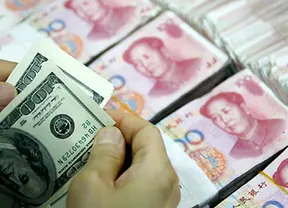
The central parity rate of the Chinese currency renminbi, or the yuan, weakened 294 basis points on Monday to 6.5784 against the U.S. dollar, the lowest level since February 2011, according to the China Foreign Exchange Trading System.

Total turnover on the National Equities Exchange and Quotations (NEEQ) continued to rise in the past week.
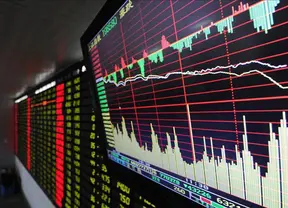
China's two stock exchanges have set the upper-time limit for listed firms' trading suspension, a move that could bolster the case for China's onshore stock market to be included into widely tracked global indices.
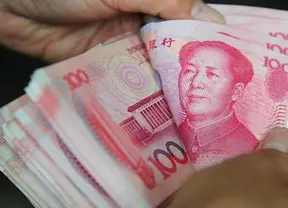
Over the past week, discussion on whether a Fed rates hike in June is possible or not continued to heat up. At the same time, the Brexit vote also kicks in the nerves of the market. Foreign exchange traders are on the alert to the two possible black swarm events likely to happen in June. To the concern of market, the RMB continues to lose its strength as the U.S. dollar rallies.
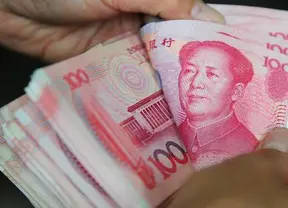
A sharp rebound in the strength of Chinese currency the yuan has mitigated worries of further depreciation and shored up the credibility of an exchange rate system that is becoming more market-based.

Beijing pledged to take a substantial step forward to liberalise its commodity futures market by allowing foreign investors and domestic financial institutions to deal in contracts that bet on prices for crude oil, iron ore and rubber.

Hyundai and affiliate Kia sold 146,400 cars in the Chinese market last month, accounting for a combined 9.2 percent of the market, the carmakers said on Monday.
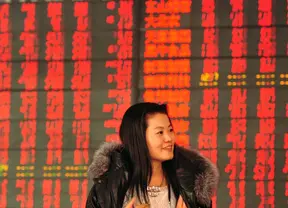
What does a horde of punters taking investment cues from a television serial tell you about a stock market?